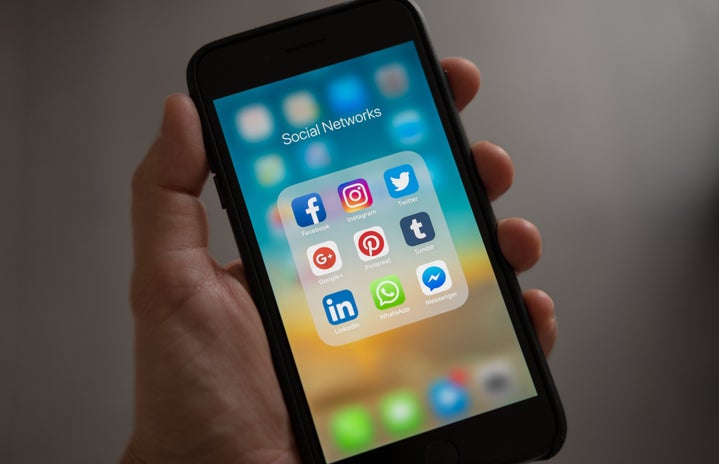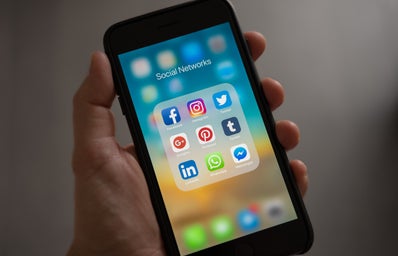It is no secret that there has been a massive increase in social media usage throughout the past decade. As platforms such as Instagram and Facebook have surpassed 2 billion users, it is clear that these platforms and the content being shared on them has an overwhelming effect on the ways in which we think and feel, fueling unhealthy comparison and unrealistic standards. We tend to focus on social media platforms such as Instagram, Twitter and TikTok when discussing the impact that social media has on our overall mental health, failing to ignore other forms of social media that impact our overall mental health in the same way.
I recently had a friend state that “Linkedin is the most toxic form of social media,” and as a current college senior, I could not agree more. Although Linkedin can have positive uses, like helping people find a job and making professional connections, the social media platform is built on showcasing your unique qualifications and positive traits. According to an article published by The Tab, Linkedin uses a method called “promotion by design,” which entails carefully crafting your profile and altering qualifications and achievements to ensure that they are the best possible candidate for the position. As recent college graduates scroll through the profiles of other users, they are likely to feel a sense of anxiety, as they have not accumulated the type of work experience that others have. It is this unhealthy comparison that can have negative impacts on the mental health of users.
I think Linkedin is also a form of toxic social media because it highlights what many refer to as “hustle culture.” As the Linkedin platform is overflowing with positive attributes and past achievements, it puts forth the idea that it is necessary to be productive all of the time. Thus, the promotion of this “hustle culture” is fueled by the lack of transparency on Linkedin. For many users, including myself, this fuels a sense of inferiority and the feelings that I am unqualified or unable to achieve what other people have done.
With graduation a mere three months away, I have been using my Linkedin account almost as often as my other forms of social media. That being said, I have found myself striving for perfection now more than ever, which I know is not healthy for my own mental health. As Linkedin is designed to highlight the positive attributes of users, similarly to other social media platforms such as Facebook and Instagram, it is very easy to fall into the trap of comparison. So next time you are scrolling through your potential connections on Linkedin, just remember that Linkedin is a form of social media and although social media can be used for good, it promotes unhealthy comparison.


